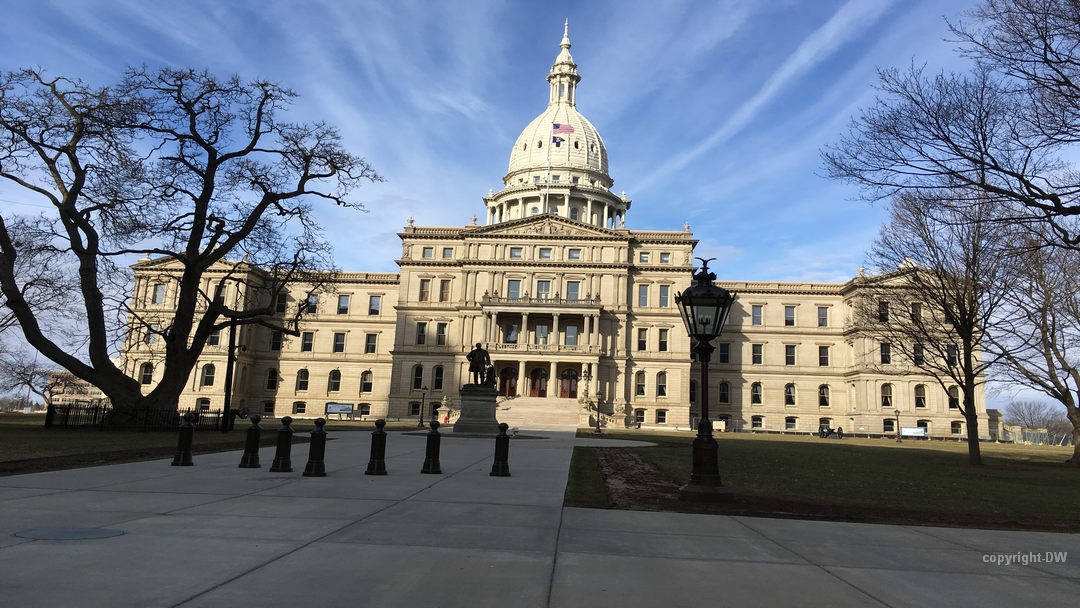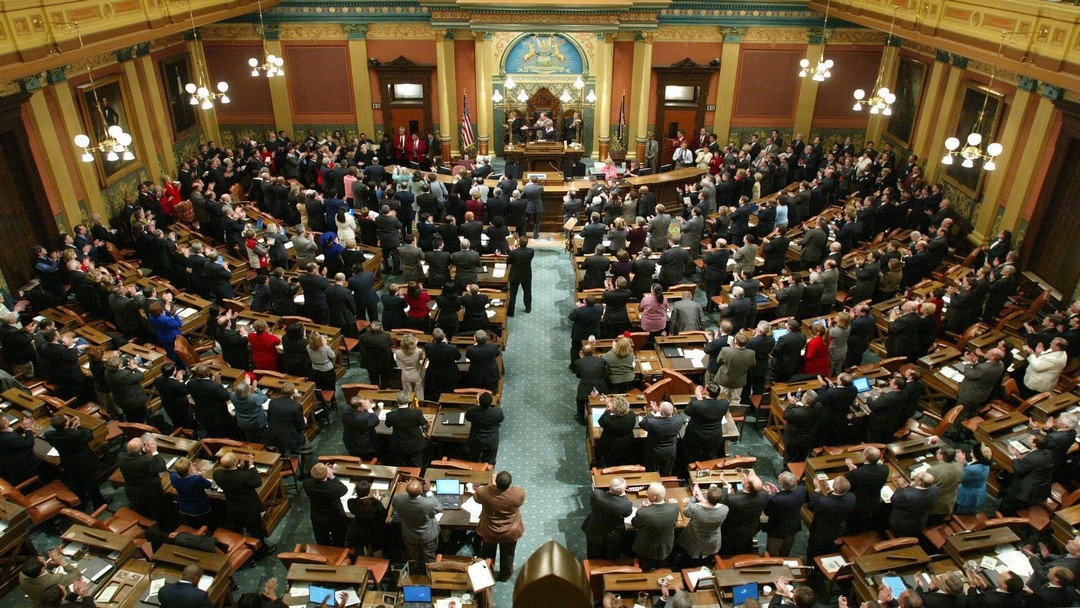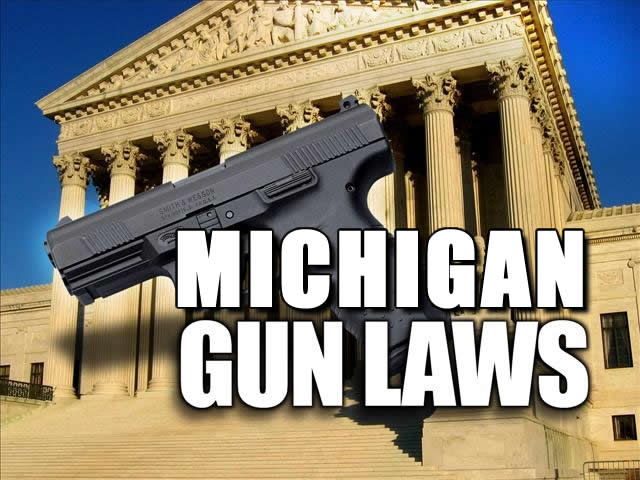October 2, 2023 – The Senate Banking Committee’s historic vote propels the SAFER Banking Act to the Senate floor, marking a significant milestone. The bill must now navigate the Senate and the House of Representatives before reaching President Biden’s desk. Cannabis dispensaries have embraced this legislation, expressing their admiration of course.
Earl Blumenauer (D-OR) and Dave Joyce (R-OH) who introduced SAFE Banking the House, released the following statement on the passage of the SAFER Banking Act in the Senate Committee on Banking, Housing, and Urban Affairs:
“This legislation will save lives and livelihoods. The overwhelming majority of Americans live in a state where cannabis is legal in some form. It is common sense and an urgent matter of public safety that these legitimate cannabis businesses have access to standard banking services.”
Former Colorado Democratic Congressman Ed Perlmutter has been pushing for the Secure and Fair Enforcement Regulation Banking Act, or SAFER Banking Act, for a decade now.
“It was designed to allow banks to provide legitimate banking services to legitimate businesses in those states,” Perlmutter said. “Credit cards, deposit accounts, payroll accounts, those kinds of things, so we don’t have this big giant pile of cash that then attracts crime.”
SAFER Banking Act – Links.
- Congress.gov – Bill S2860
- SAFER document section by section (PDF)
- SAFE Banking Act: Origins, History, Impact (2021)
- WIKI – SAFER Banking Act
From the Michigan Department of Attorney General
AG Nessel Joins Coalition in Urging Congress to Increase Access to Regulated Banking and Financial Services for State-Licensed Cannabis Businesses
September 28, 2023
LANSING – Michigan Attorney General Dana Nessel joined a coalition of 22 Attorneys General in submitting comments urging congressional leaders to advance the SAFER Banking Act of 2023 to lift banking restrictions that prevent state-licensed cannabis businesses from accessing a full range of regulated banking and financial services.
Despite the growing number of states that have legally authorized, regulated cannabis businesses, cannabis remains classified as an illegal substance under the federal Controlled Substances Act and certain federal banking statutes. Because cannabis remains classified as an illegal substance, banks providing services to state-licensed cannabis sales locations and related businesses are at risk for criminal and civil liability. This risk has significantly inhibited the ability of financial institutions to provide services to regulated cannabis licensees and leaves those businesses struggling to find financing. The lack of access to banking services creates both barriers to entry into the industry and instability for existing businesses. In addition, the current banking restrictions constrain state agencies’ efforts to collect taxes and conduct oversight. Further, as too many states have seen, when regulated businesses can only conduct business in cash, employees and customers are at greater risk of violent crime in pursuit of that cash.
“Legal cannabis businesses are still prevented from using traditional banking services available to all other legal businesses in the state,” Nessel said. “Without access to traditional banking the cannabis industry is left as a ripe target for criminals. Any legal business should have fair access to our banking institutions for the security of their own business and employees as well as public safety. It is important that Congress pass the SAFER Banking Act to update federal banking laws that have not caught up to the laws in many states.”
The attorneys general argue that passage of the SAFER Banking Act, which will enable regulated banks and financial institutions to provide services to state-licensed cannabis businesses, will enable economic growth, facilitate state oversight of tax obligations, and reduce the public safety risks associated with high-value, cash-based businesses. The SAFER Banking Act would establish a safe harbor for depository institutions providing a financial product or service to a regulated business in states that have regulations to ensure accountability in the cannabis industry.
The attorneys general argue that an effective safe harbor would bring billions of dollars into the banking sector, enabling law enforcement, federal, state, and local tax agencies, and cannabis regulators in thirty-eight states and several territories to more effectively monitor and ensure compliance of cannabis businesses and their transactions.
Joining the Maryland, Washington D.C., and Oklahoma–led comments are the attorneys general of Arizona, California, Colorado, Connecticut, Georgia, Hawaii, Illinois, Maine, Massachusetts, Nevada, New Jersey, New Mexico, New York, Oregon, Pennsylvania, Rhode Island, Vermont, and Washington.
FAQs about the SAFER Banking Act
What is the SAFER Banking Act?
The Secure and Fair Enforcement Regulation Banking Act (SAFER Banking Act) is a bipartisan bill that would provide a safe harbor for financial institutions that provide banking services to cannabis-related businesses (CRBs) that operate in compliance with state law. The bill would also require the federal government to study the impact of cannabis legalization on the financial system.
What is a cannabis-related business (CRB)?
A cannabis-related business (CRB) is any business that engages in the cultivation, processing, sale, or distribution of cannabis or cannabis products. This includes dispensaries, medical marijuana dispensaries, growers, processors, and manufacturers.
Why is the SAFER Banking Act important?
Under current law, cannabis is still classified as a Schedule I controlled substance, which is the highest classification under the Controlled Substances Act. This means that banks and other financial institutions are at risk of being penalized by the federal government if they provide banking services to CRBs. As a result, many CRBs are forced to operate on a cash-only basis, which makes them more vulnerable to theft and other crimes.
The SAFER Banking Act would provide a safe harbor for financial institutions that provide banking services to CRBs that operate in compliance with state law. This would allow CRBs to access traditional banking services, such as deposit accounts, loans, and insurance. This would help CRBs to grow their businesses and create jobs.
Does the SAFER Banking Act make cannabis federally legal?
No, the SAFER Banking Act does not make cannabis federally legal. It simply provides a safe harbor for financial institutions that provide banking services to CRBs that operate in compliance with state law.
What are the benefits of the SAFER Banking Act?
The SAFER Banking Act would have a number of benefits, including:
- Increased safety and security for CRBs and their employees
- Reduced crime and violence
- Increased tax revenue for state and local governments
- Job creation and economic growth
- What is the status of the SAFER Banking Act?
The SAFER Banking Act was passed by the House of Representatives in September 2021. It is currently being considered by the Senate.
When is the SAFER Banking Act expected to be passed?
It is difficult to say when the SAFER Banking Act will be passed by the Senate. However, the bill has bipartisan support, and it is expected to be passed eventually.
More Posts

Michigan Medical Marihuana – Legislative Bills
Current as of 7-28-20 House: Adjourned until Thursday, August 6, 2020 10:00:00 AMSenate: Adjourned until Wednesday, July 29, 2020 10:00:00 AM Here is a list of some current bills introduced or passed in the legislative abyss for 2019-2020 so far....

Being a Registered Nurse and a Medical Marijuana Patient
This registered nurse stood to lose their livelihood or were going to be quietly forced into rehabilitation. Who Knew? Who knew that LARA was punishing Registered Nurses merely because they are a medical cannabis patient? Who knew that the same government agency...

Revisiting People vs Feezel
Michigan Supreme Court Opinion PEOPLE vs FEEZEL FILED JUNE 8, 2010 Feezel was driving when he encountered an intoxicated pedestrian in the street. Feezel struck the pedestrian whom as a result of the accident passed away. Feezel’s blood was analyzed which contained 6...

Michigan House Bill 5923 – To Amend the Medical Marihuana Facilities Licensing Act
HOUSE BILL NO. 5923 To amend the Medical Marihuana Facilities Licensing Act Read the Summary Analysis Here June 25, 2020, Introduced by Reps. Chirkun and Webber and referred to the Committee on Government Operations. A bill to amend 2016 PA 281, entitled "Medical...

Michigan Expands The Social Equity Program
May 19, 2020 – The Marijuana Regulatory Agency (MRA) announced today an expansion of the eligibility criteria to its social equity program, as well as increased benefits, further reduced fees, and enhanced eligibility for certain applicants. Beginning June 1,...

Impaired Driving: According to the CDC
According to the CDC... Every day 29 people in the United States die in motor vehicle crashes that involve an alcohol-impaired driver. This is one death every 50 minutes.1 The annual cost of alcohol-related crashes totals more than $44 billion.2 How big is the...

Michigan strengthens up roadside drug testing with addition of at least 32 officers
New law allows roadside drug testing throughout state - Whitmer signs roadside drug testing into law. LANSING, MI (WILX) -- Gov. Gretchen Whitmer signed three bills into law Thursday, including one that allows roadside drug testing. Senate Bill 718 establishes a...

Making Low Level Misdemeanors – Civil Infractions
Driving a snowmobile without a registration and other low-level misdemeanors would become civil infractions under a "decriminalization" package the House Judiciary Committee started work on this week. Failing to put plates on a vehicle when buying a new car, driving...

Michigan Gun Laws and CPL Requirements
Concealed Pistol License Requirements An outline of requirements for those who want to obtain a Michigan Concealed Pistol License. A. State Requirements An applicant for a Michigan CPL must: 1. Be at least 21 years of age. 2. Be a citizen of the United States or an...

THE POLITICS OF PROSECUTORS
A growing number of prosecutors are reforming their local criminal legal systems, fueled by activists’ calls for change and rising electoral mobilization around district attorney races. Many other prosecutors are fighting reform, whether locally or...


